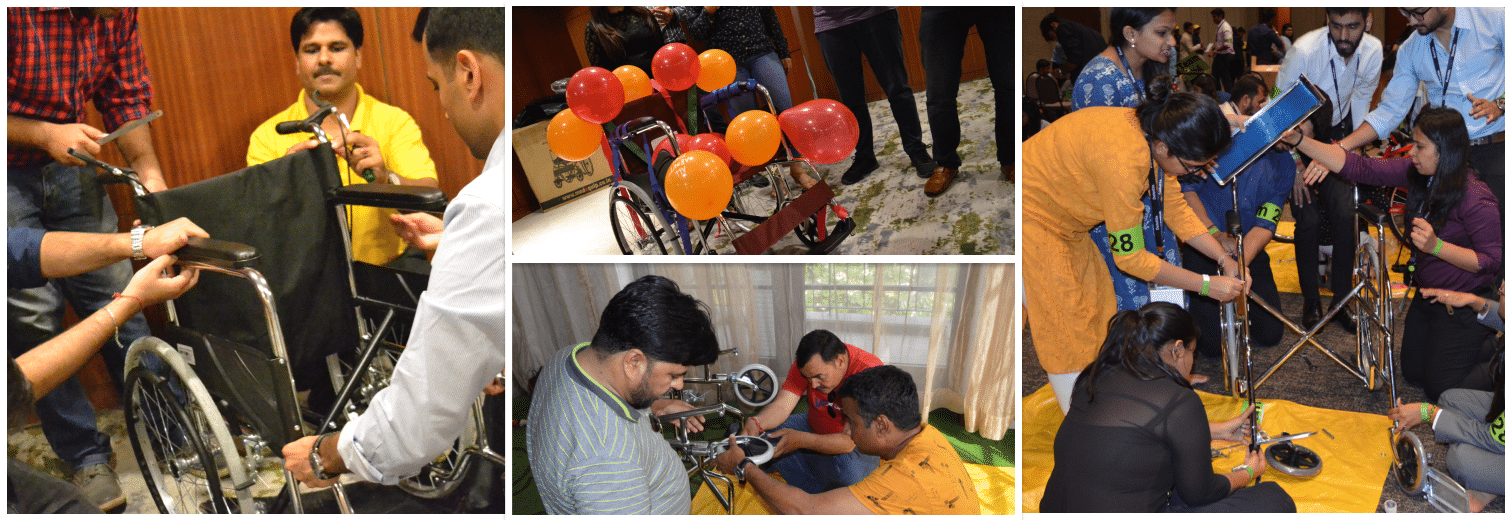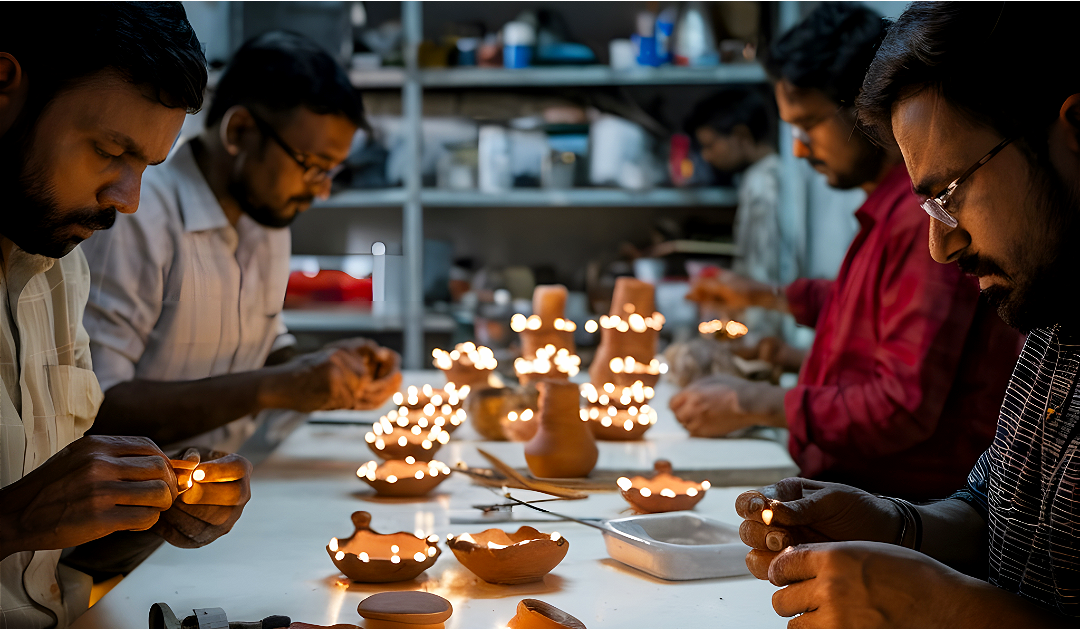It was 10:00 in the evening and another day on the job. All the guests were dancing and relishing the best of the cocktails. I was behind the bar with some fellow bartenders and was surrounded by hundreds of guests. In between all that action I could hear one lady screaming – she was trying to get our attention. My fellow bartender asked her, “How can I help you ma’am?” She asked for a cup of hot milk. My friend said “unfortunately we don’t serve that here” and moved on with his work. It got my attention and for some reason I asked her to wait. I spoke to the chef and arranged a hot cup of milk for her. Later my friend asked me why I did that even though we were short on staff. He said, “You can’t satisfy every guest. What difference does it make anyway?” I had a smile on my face and said, “I just made a difference to that lady.”
That day I learned that doing only what I am supposed to do might not guarantee a satisfied customer. Ever since that interaction, I don’t think twice before going the extra mile for customer satisfaction. I realized that going that extra mile is what sets great teams apart from good teams.
The difference between a good and a great team is that good teams are largely process-oriented. They will follow processes to the “T” to deliver the same experience every time, whereas great teams are more people-oriented and will go beyond the process to create a wow experience.
The problem is that a good team quickly accepts that they can’t keep all of the customers happy. Hence they quite often use phrases like “what difference does it make”? (“kya farak padta hai”?). Good teams feel that they are doing what they are supposed to do and doing it well. Unknowingly, this even affects their intuition to challenge the status quo because they are easily satisfied. On the other hand, a great team would never even accept 99.9% as a result. For them 100% customer satisfaction is the only possible outcome.
Below are two scenarios that highlight the different approaches of good and great teams.
- Go Beyond:
Great teams always find new ways to keep the customer happy. One could easily find numerous examples to learn from in the hospitality industry. I recently visited a hotel in Goa along with a few friends. We had a rushed lunch since we had to move to another hotel. Since we were already late for lunch, we missed dessert. One of my friends asked the manager if it was still possible to get some. He very politely said no and apologized, but he could sense that my friend was disappointed. The wow was yet to come. The moment we reached the other hotel we spotted dessert waiting for us. The manager said, “Sir, Mr. Rajesh from the other hotel is really apologetic for not being able to serve you the best. He would be grateful if you could accept his apologies.” Now that’s where the wow was. Mr. Rajesh did not have to do that, but his small gesture made a huge impact on us. So the thing to understand here is: going that extra mile doesn’t mean you have to break the process. It is just about where you draw the line. - Set Your Own Standards:
If we talk about any notable person in the service industry one thing commonly found between them all is that they set very high standards in anything they do. For example, Steve Jobs was very particular about the look of the iPhone and Walt Disney did everything possible to make Disneyland the happiest place on earth. A high performing team would never leave any stone unturned. At FocusU we believe in experiential learning; we also learn from our own mistakes (experiences). Once we printed approximately 200 certificates for a customer that we were supposed to distribute during the workshop. Just before we were about to pass them out, we realized that the comma was missing in the date. We decided not to give out the certificates, but instead we sent a re-printed version after the program. It is not about whether others know about the mistake you made, but instead what you do about it.
Customer satisfaction is not rocket science. It is not about making the best of the product or providing the best customer service. It is just about acknowledging that customers are humans too, and they have feelings. If you pay attention to the small things and make customer satisfaction the ultimate goal, you can create your own magic.





